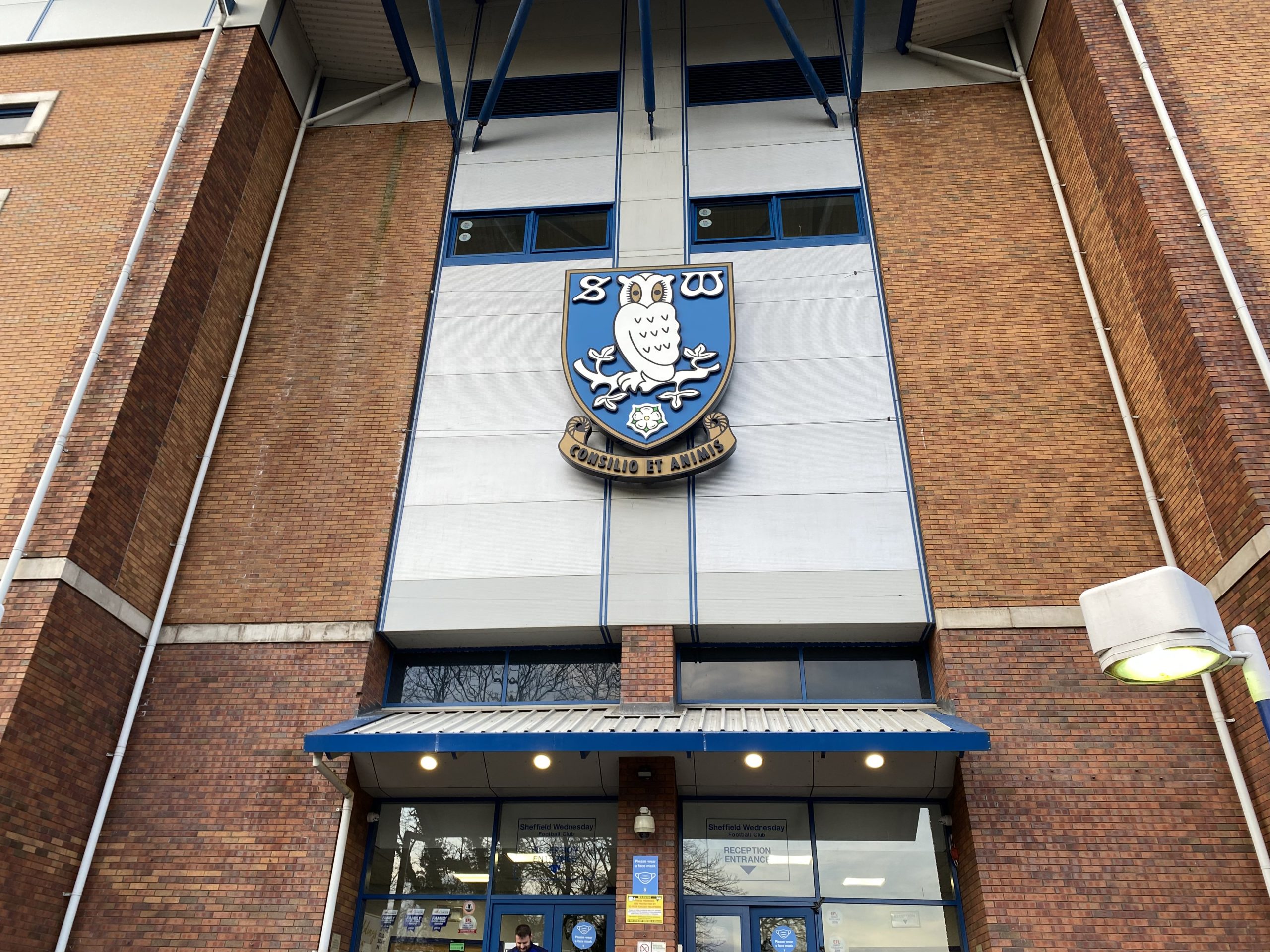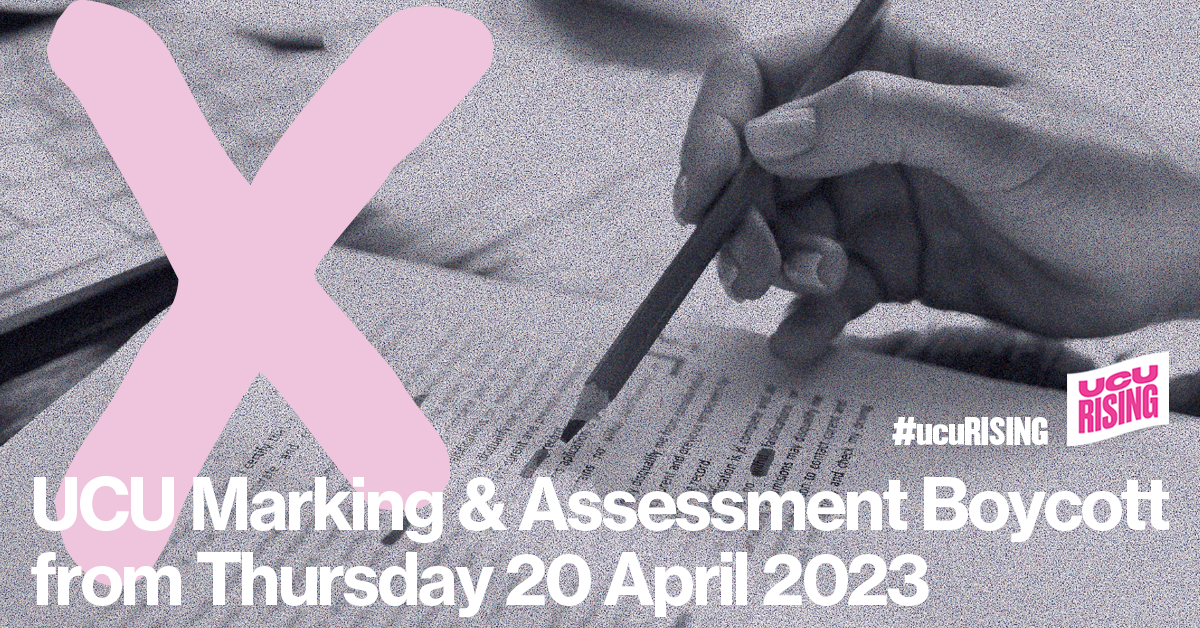12,654 days.
34 years and seven months.
That is how much time has elapsed since the Hillsborough Disaster.
And in all that time, only one person has been convicted: Hillsborough Stadium’s Health and Safety Officer, Graham Mackrell. He was charged £6,500.
£6,500 for 97 lives.
£67 per person.
But over the decades, the families have argued there has been a greater injustice, that no one has been held to account for the sprawling web of lies woven in the wake of the tragedy or the misconduct that has become synonymous with Hillsborough.
This fact was the fundamental basis of the proposed Hillsborough Law – a bill designed to enforce a duty of candour on state authorities while giving testimony in inquiries to prevent another cover-up by public bodies.
Instead of putting this bill into law, on Wednesday the Government signed the Hillsborough Charter, described as a “meaningless code of conduct for the police” by Elkan Abrahamson, director of Hillsborough Law Now.
He said: “Today, of all days, when we have Boris Johnson giving evidence at the Covid Inquiry, surely demonstrates the need for more public accountability.
“The government is not listening to those who know only too well the barriers the state puts up when the truth is called for.”
For the families of the victims and the faith we place in future inquiries, the chasm between the Bill that was yearned for and the Charter that has supplanted it is of significant concern.
The Hillsborough Law: what is it?
For over 23 years, a systemic cover-up by South Yorkshire Police compounded the irrepressible pain and anguish of the families of the Hillsborough Disaster’s 97 victims.
The fans were crushed to death during an FA Cup semi-final between Liverpool and Nottingham Forest, hosted by Sheffield’s Hillsborough Stadium, on 15 April 1989. Police match commander David Duckenfield ordered the opening of an additional gate into the overcrowded standing pens, resulting in the worst disaster in British sporting history.
In the decades that followed, Liverpool fans were branded drunken hooligans and blamed for the fatal crush – a heinous lie disseminated by police and media alike to disguise the incompetence that resulted in the true sequence of events.
To corroborate these falsifications, 164 witness statements were altered by the police, 116 of which had negative comments about South Yorkshire Police removed.
It was not until 2012 that the Hillsborough Independent Panel vindicated Liverpool fans of responsibility for the disaster and instead turned the finger of blame to mismanagement by emergency services and the blatant health and safety failings of the stadium.
But findings like these do little to assuage the grief of the bereaved who are yet to see justice for the corruption inherent to SYP’s handling of the tragedy.
In 2017, former Bishop of Liverpool James Jones published a report outlining 25 recommendations for future inquests involving state authorities to avoid repetition of the Hillsborough cover-up.
It became the basis for the Hillsborough Law, a draft bill devised by the families of Hillsborough victims and their lawyers with the intention of increasing accountability.
Andy Burnham, Mayor of Manchester, summarises: “[The Bill] empowers victims to secure disclosure of crucial information and prevent public authorities from lying to them or hiding the truth by making that an imprisonable offence”
Those acting within a public capacity would be legally compelled to cooperate with inquiries, and a duty of transparency while giving testimony would criminalise any attempts to mislead during proceedings.
Furthermore, the Law would provide bereaved families the same level of funding state authorities receive to achieve financial parity and guarantee a level playing field across hearings.
Deborah Coles, Director of INQUEST, a charity group providing expertise on investigations into state-related deaths, said: “Only the enactment of Hillsborough Law will ensure there is no hiding place for official wrongdoing or failure and address the power imbalance at inquests.”
How does the Charter differ?
The Hillsborough Charter, adopted by Sunak’s government on Wednesday, aims to promote a culture of openness, honesty and transparency by implementing a duty of candour within the police force.
But it could be argued this culture should already be fundamental to the ethos of the police and adds little to the current Code of Conduct officers are already treaty to.
In contrast to the proposed Hillsborough Law, the Charter offers no legal repercussions or third-party investigations for those police officers who breach the pledges of candour within it, much like the Ministerial Code.
This means the police continue to regulate themselves. An officer has a duty to cooperate with investigations, but failing to participate in good faith or even actively misleading proceedings remains at the mercy of internal disciplinary measures rather than being treated as a criminal offence.
Notably, the Charter only mentions the police and fails to consider other public bodies – such as councils, the fire service and social services – within its remit. A variety of state actors remain able to testify with few ramifications for non-compliance as there is still no rigid legal compulsion for transparency.
Ms Coles said: “The failure of the Government to extend the duty of candour to all public authorities is a betrayal and insult to Hillsborough families and all they have fought for over more than three decades.”
The Charter also does not allocate public subsidies to bereaved families. The government argues this step is unnecessary given a forthcoming Ministry of Justice body, the Independent Public Advocate (IPA), will provide legal aid to victims of major disasters when it is established.
But with the number of promises offered to the Hillsborough families, this is unlikely to provide much reassurance.
Failing the Future
Ian Bryne, Labour MP for Liverpool West Derby, told the House of Commons on Wednesday: “I, like many others, will feel let down today and feel as though this is a world away from the effective legislation we desperately need.
“I’m really, really worried that it will not prevent another Hillsborough-style state cover-up.”
In recent years, we have seen Grenfell collapse in inferno and Covid rip through the population, while just this week the infected blood scandal has re-featured on the front pages.
As Mr Bryne alludes to, it would be wishful thinking to believe no further tragedies will befall the UK. It is important they are not subject to the same miscarriages of justice that have blanketed Hillsborough.
The Charter aims to promote a culture of openness – but cultures take time to establish themselves. And without a legal framework propping it up, it is difficult to see it influencing a universal transition to full transparency when reputations are at stake.
The significance of the Hillsborough Law, and its failure to be adopted, is profoundly significant.
We owe more to the memory of all those who lost their lives than to allow for the manifestation of future cover-ups.



